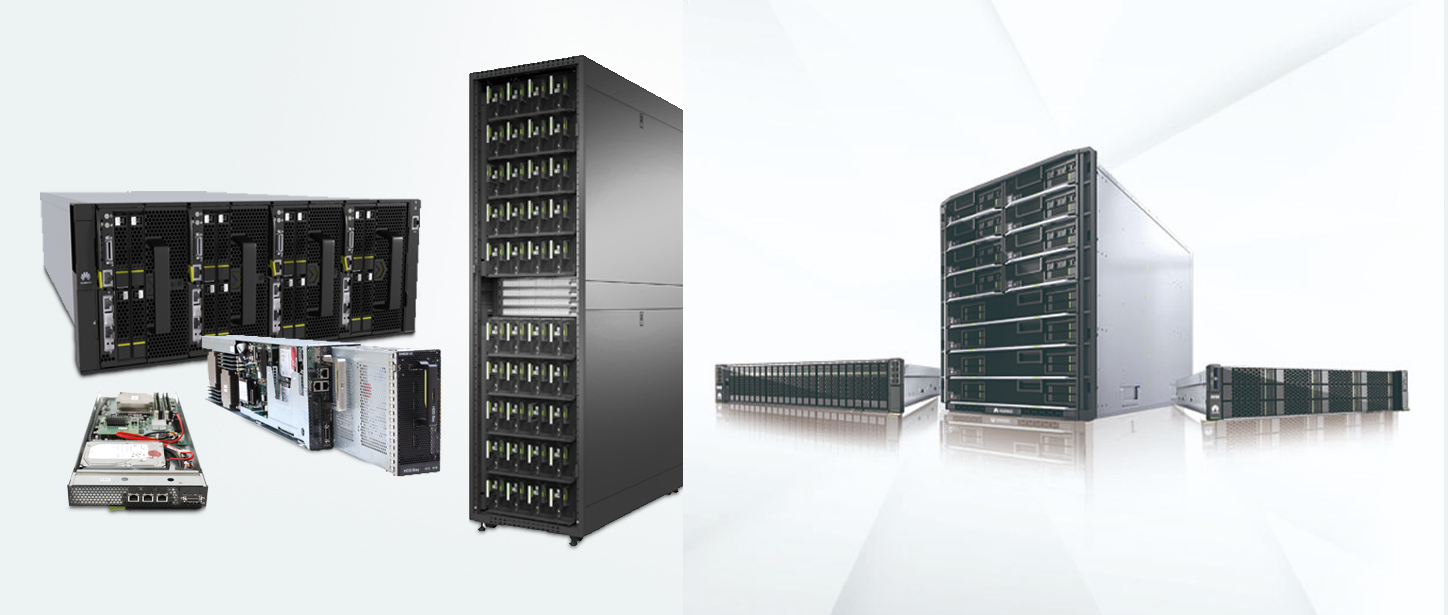In computing, a server is a piece of computer hardware or software that provides functionality for other programs or devices, called “clients”. Typical servers are database servers, file servers, mail servers, print servers, web servers, game servers, and application servers. A server serves information to computers that connect to it. Clients can connect to a server through either a local area network (LAN) or a wide area network (WAN), such as the Internet. When users connect to a server, they can access programs, files, and other information from the server.
Why do you need a Server?
There can be many possibilities where you require a Server. Some of them may include:
- You want to have centralized security of files on a single server.
- You want to have remote access to files and applications anywhere anytime.
- A huge corporate setup where the security of company files is a matter of major concern.
- A new start-up business where all the files of the company need to be stored in a central server.
- You want to use a server as a solution for your Applications, E-commerce, messaging or for other critical applications.
The reasons for server requirements may be varied but choosing the right option in terms of space, interoperability, cost, security, updates and other factors could be unnerving for any business. Server and network infrastructure have become the backbone of operation in any business. Any interruption in these can be damaging to the smooth running of the business. So, in order to succeed in today’s competitive world, you need to ensure drivers and software are properly updated. By finding a trusted server management provider you get to focus on what you do best, running and growing your business. DSI Dubai has been providing professional server solutions in Dubai, Sharjah and Ajman. Our team of experienced and skilled IT professionals at DSI Dubai carries the expertise in delivering a precise solution for your needs with the high servers from the tech giants HP, Dell, IBM.
In addition to that, we are never restricted to any specific hardware or software. We can install your file servers with any of the major OS of your choices like Windows, Linux, and Mac OS. We can set up a new server, repair an existing server, delegate roles from one server to another within your company, and more.

Our Server Solution
Numerous factors like Performance, Security, and uptime demands on the businesses heightens every year, making your applications become more resource hungry and security compliances become stricter. IT management is required to meet all these demands with the same or sometimes diminished IT budgets.
DSI HAS THE EXPERTISE TO HELP YOU EVALUATE & SIZE YOUR SERVER REQUIREMENTS
We have been serving the enterprise space and understand these challenges very well. Since we have expertise across all domains of enterprise IT we are best positioned to help you meet these challenges by helping you evaluate a wide range of server hardware against your requirements. We can help you size, procure, deploy and secure your servers.
- Consultancy
- Hybrid solutions
- Virtual Hosted Servers
- Supply and Implementation
- Remote problem & incident management.
- Operating System upgrades & version control.
- Optimize disk usage, processor usage & load balancing.
- Security and bug patch notification for the operating system.
- Ensuring data consistency across master server, cluster and slaves.
- Alert & problem escalation to an appropriate party based on agreed-upon processes.
- On-Premise servers, including virtual server environments such as Hyper-V and VMware.
- Migrations, including cross-platform and migrating away from SBS (Small Business Servers).
- Performance monitoring of Internet-based infrastructure including hardware, software, and OS.

Significant Advantages of installing a server:
- Using your own software or developments that you don’t want to “shine” anywhere else.
- Optimal power capacity. After calculating the necessary costs, you can disable the extra servers or take them in other work.
- Maximum protection against hacking or unauthorized access. In an emergency, you can simply disconnect the server from the network.
- Quickly isolate point problems. If there is a problem with one server section, you can reallocate power while it is under repair.
- Complete independence and confidentiality of data. No one except the owner or the company’s specialists will be able to disable the server or access it.
- Solve problems on the spot. If there are any difficulties with the operation-you can fix the situation without leaving the server. A manual restart or other required action is performed without contacting the support service or using remote access, as is the case with a dedicated and virtual server.
- Individual communication architecture between computers and office or production equipment. It is always possible to rebuild local networks without unnecessary hassle.
A new tech landscape is taking shape for small businesses. There’s a need for access to computing almost anywhere, on many different kinds of devices such as desktops, laptops and smartphones. Many devices means there are many opportunities to get disorganized. One way to keep momentum and organization is to consider purchasing a server. Realistically, any business with more than two employees should consider using a server. This not only helps prepare for growth, but also enables smoother business operations from the outset. Servers play a critical role in any IT network and perform a number of essential tasks.
Servers should have a big impact on your operations. Businesses face a range of IT challenges. You need your IT to be reliable and flexible — to support your business through changing times. Carefully managing your power and cooling requirements, and simplified data center management can reduce administration costs. You need servers to help you meet all of these challenges.

